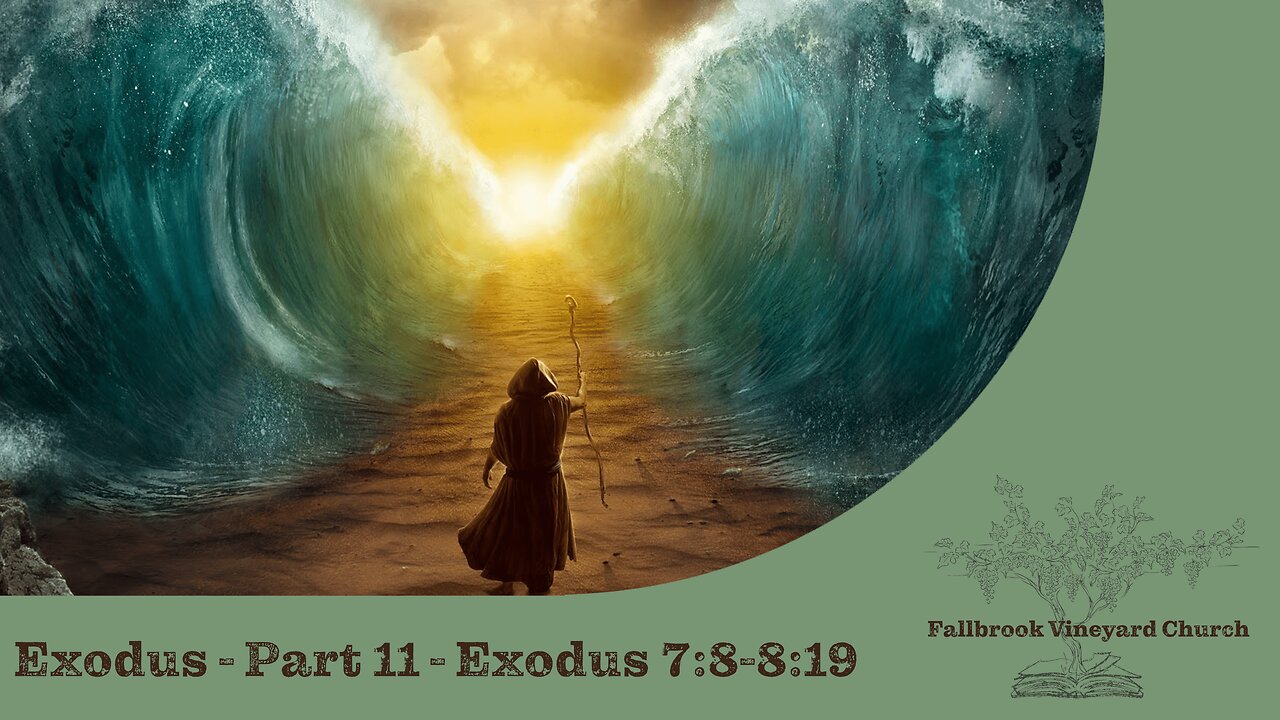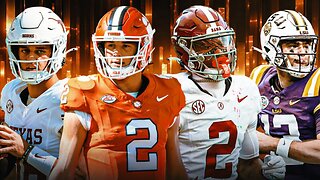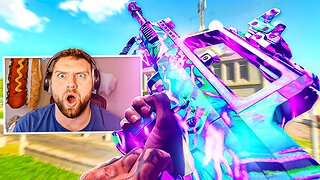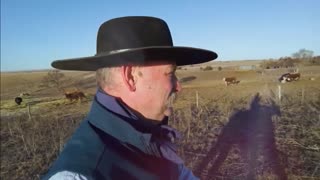Premium Only Content

Exodus - Part 11 - Exodus 7:8-8:19
Moses and Aaron obeyed God’s command to speak to Pharaoh. God prepared a sign: Aaron's rod turned into a serpent, symbolizing divine authority, challenging Pharaoh’s godhood. Pharaoh’s magicians imitated the sign, but Aaron’s rod devoured theirs, showing God’s superiority. Pharaoh hardened his heart.
Next, God instructed Aaron to stretch his rod over the Nile, turning it to blood. The water became undrinkable, and fish died, causing a stench. Pharaoh’s magicians duplicated the sign but couldn’t reverse it. Pharaoh remained stubborn. This first plague judged the Nile, associated with the gods Hapi and Isis, emphasizing God’s supremacy over Egyptian deities.
God warned Pharaoh again, but when he refused to free the Israelites, a plague of frogs covered Egypt. This judged the goddess Hequet, linked to fertility. Pharaoh asked Moses to remove the frogs, promising to let the people go, but he reneged once the plague ended.
Without warning, God sent a plague of lice, which covered people and animals. Pharaoh’s magicians couldn’t replicate it, admitting, “This is the finger of God.” This plague judged Set, god of the desert, and disrupted Egyptian worship rituals. Despite his counselors’ advice, Pharaoh rejected God.
The plagues demonstrated God’s power over Egypt’s gods, showing Pharaoh and the Israelites that only God is supreme. Pharaoh’s resistance mirrored the human tendency to reject God’s authority. The Bible emphasizes that Jesus is the way to eternal life, and rejecting Him leaves one to bear the penalty for sin, unlike Christ, who bore it for us.
-
 LIVE
LIVE
LFA TV
2 hours agoLFA TV ALL DAY STREAM - THURSDAY 8/28/25
9,042 watching -
 LIVE
LIVE
Game On!
18 hours ago $1.74 earnedCollege Football Is BACK! Week 1 Preview!
2,530 watching -
 LIVE
LIVE
The Bubba Army
23 hours agoMinneapolis Shooter Story Unfolds! - Bubba the Love Sponge® Show | 8/28/25
1,841 watching -
 LIVE
LIVE
JuicyJohns
1 hour ago🟢#1 REBIRTH PLAYER 10.2+ KD🟢
26 watching -
 LIVE
LIVE
GritsGG
55 minutes agoWin Streaking! Most Wins 3485+ 🧠
59 watching -
 16:58
16:58
marcushouse
14 hours ago $3.11 earnedSpaceX Starship Flight 10: What Really Happened! 🚀
37.6K13 -
 3:47
3:47
Blackstone Griddles
14 hours agoCampground Meal Planning on the Blackstone Camping Griddle
10K1 -
 28:13
28:13
Her Patriot Voice
14 hours ago $1.17 earnedIs Flag Burning Free Speech?
11K16 -
 17:51
17:51
TheRoyaltyAutoService
16 hours ago $0.54 earnedIs Flat Rate Ruining The Auto Repair Industry?!
12.3K7 -
 2:02:05
2:02:05
BEK TV
1 day agoTrent Loos in the Morning - 8/28/2025
12.8K